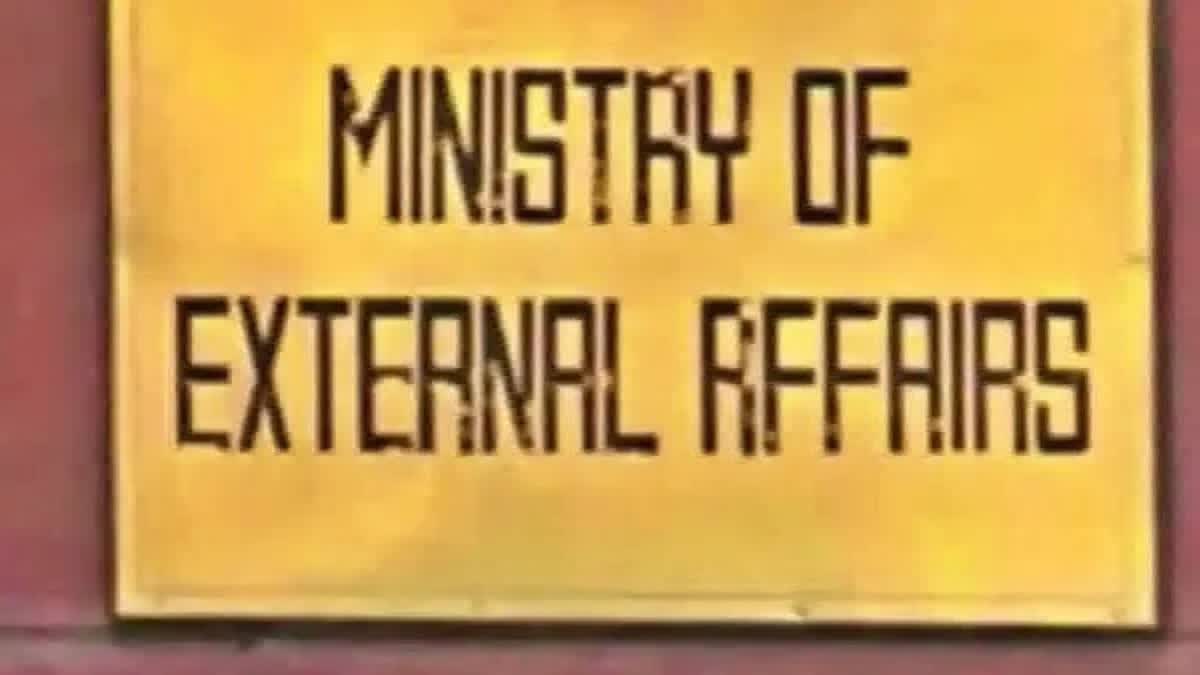New Delhi: Amidst a major diplomatic row between India and Canada over the killing of Khalistani terrorist Hardeep Singh Nijjar in Canada, the central government has admitted before a Parliamentary committee that India takes covert actions for dismantling the terrorist networks and safe havens functioning across India’s borders.
The government also admitted that covert actions sometimes lead to a breach of international law, which may bring criticism at the international level.
“Covert actions are being taken for dismantling the terrorist networks and safe havens functioning across India’s borders as any overt actions will lead to a breach of international law, which may bring criticism at the international level besides creating tension with neighbouring countries,” the officials from the external affairs ministry informed a Parliamentary Committee.
Stating that Multi Agency Centre (MAC) & Subsidiary Multi Agency Centre (SMAC) have been functioning towards sharing of resources to dismantle terrorist networks and safe heavens within India, the ministry said that India has been engaged with other member states to bring a suitable language on safe havens in the biennial review of the Global Counter-Terrorism Strategy (GCTS) of the UN.
It is worth mentioning that the bilateral relations between India and Canada hit a new low after Canada accused the Indian government of being involved in the assassination of Khalistani separatist Hardeep Singh Nijjar. In September 2024, both countries expelled each other’s diplomats.
A supporter of the Khalistani movement, Nijjar, was shot dead on June 18, 2023, in Surrey in Canada. The Indian government, however, denied its involvement in the Nijjar killing.
In fact, the ministry in its action-taken report submitted before the Parliamentary Committee on External Affairs chaired by Shashi Tharoor said that the anti-infiltration grid has been strengthened to prevent the inflow of inimical elements through porous borders. “Besides, there is enhanced agency to agency coordination supplemented by impeccable investigations that act as a deterrent,” the report stated.
The Ministry further said that it continues to highlight the issue of cross-border terrorism emanating from Pakistan in various bilateral/multilateral/UN fora through its Pakistan, Afghanistan and Iran (PAI) Division.
The Division has regularly apprised its interlocutors regarding the use of terrorism as an instrument of State policy by Pakistan at all relevant fora.
“India, as the member of Financial Action Task Force (FATF), had actively participated in the discussions pertaining to noncompliance of FATF standards by Pakistan which resulted in the grey listing by FATF. Pakistan was bound to adhere to the 27-point International Co-operation Review Group (ICRG) Action Plan which was focused on dismantling state-sponsored terrorist networks within its territory. Pakistan is still under-reporting obligation to FATF through ICRG/ Asia Pacific Group (APG),” the report stated.
The ministry said that the intelligence-led preventive disruptions have been at the core of dismantling terror infrastructure which has led to the busting of several terror modules assisted by cross-border handlers, across India.



